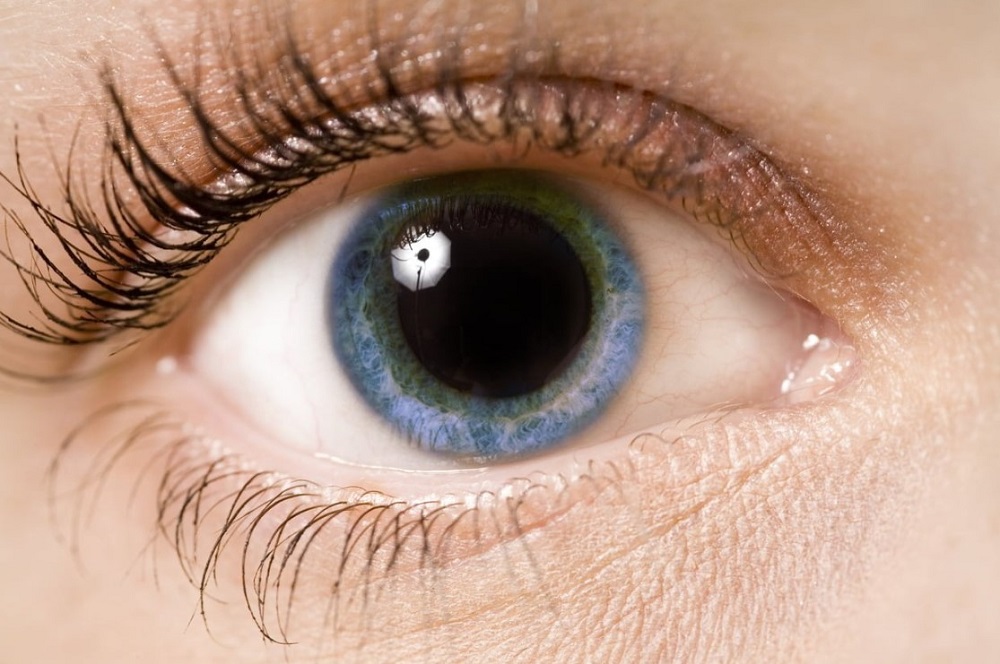Have you ever wondered about the mesmerizing and mysterious effect of dilated eyes? Whether it’s in the context of a medical examination, an optometrist’s office, or even in movies where characters’ eyes seem to dilate dramatically, eye dilation is a fascinating phenomenon that piques curiosity, doesn’t it? But this poses another question: how long does eye dilation last?
Let’s explore this concept in detail and answer all the frequently asked questions about its duration and effects.
What Is Eye Dilation?
Eye dilation, scientifically known as mydriasis, is a phenomenon where the pupils of the eyes become larger than their usual size.
The pupil is the black, circular center of the eye that allows light to enter and hit the retina. Its size is controlled by the iris, a colored, ring-shaped structure that contracts or expands to regulate the amount of light entering the eye.
Under normal circumstances, the size of your pupils constantly adjusts to the level of light in your environment.
In bright conditions, your pupils constrict (become smaller) to reduce the amount of light entering the eye, preventing an overwhelming influx of light.
Conversely, in dimly lit situations, your pupils dilate (become larger) to allow more light to reach the retina, enhancing your ability to see in low-light conditions.
Which Circumstances Cause Eye Dilation?
Here are some of the situations that can get your eyes dilated:
Medical Examinations
One of the most common situations where eye dilation occurs is during a routine eye examination.
Optometrists and ophthalmologists use special eye drops containing drugs called mydriatics to dilate the pupils. It allows them to get a better view of the retina and check for eye conditions like glaucoma, macular degeneration, or diabetic retinopathy.
Suggested Read: How to Live with Myopic Macular Degeneration?
Drug Use
Some drugs and medications can cause pupil dilation as a side effect. For example, substances like cocaine, amphetamines, and hallucinogens can lead to significant pupil dilation.
Emotional Responses
Strong emotions such as fear, excitement, or arousal can also trigger pupil dilation. This is due to the body’s natural fight-or-flight response, which prepares you to react to a potential threat or intense situation.
Ophthalmologist Recommendation: Dr. Muhammad Saad Aziz is one of the best eye specialists in Lahore. You can go to him for all your eye examinations and treatments.
Low Light Conditions
As mentioned earlier, dim lighting conditions naturally cause your pupils to dilate to allow more light into the eye, helping you see better in the dark.
Suggested Read: Effective Ways to Improve Eyesight
Medical Conditions
Certain medical conditions like Horner’s syndrome or Adie’s tonic pupil can cause abnormal and prolonged pupil dilation.
You can consult the top ophthalmologists near you in Pakistan via Healthwire.
FAQs About Eye Dilation
1- How Long Does Eye Dilation Last After an Eye Exam?
Eye dilation typically lasts for about 4 to 6 hours after an eye examination, but it can vary based on the type of eye drops used and individual factors.
2- Are There Any Side Effects of Pupil Dilation During an Eye Exam?
Common side effects include blurred vision, sensitivity to light, and difficulty focusing on nearby objects. These effects are temporary and usually subside as the dilation wears off.
3- Can You Drive After Your Eyes Are Dilated During an Eye Exam?
It’s generally not recommended to drive immediately after an eye exam with dilation, as your vision may be temporarily impaired. It’s best to have someone accompany you or wait until your vision returns to normal.
4- Can Eye Dilation be Harmful?
Eye dilation for a routine eye exam is generally safe and temporary. However, prolonged or extreme dilation can be a sign of an underlying medical condition and should be discussed with a healthcare professional.
5- Why Do Some Drugs Cause Pupil Dilation?
Certain drugs and medications affect the autonomic nervous system, leading to pupil dilation as a side effect. This can be due to their impact on neurotransmitters like norepinephrine.
6- Is There Any Way to Speed Up the Recovery from Eye Dilation?
Unfortunately, there’s no surefire way to speed up the recovery process. You can wear sunglasses to reduce light sensitivity and wait for the effects to wear off naturally.
7- Do Dilated Pupils Affect Your Vision Quality?
Yes, dilated pupils can cause temporary changes in vision, such as sensitivity to light and difficulty focusing on close objects. However, these effects are short-lived.
8- Can Chronic Pupil Dilation be a Sign of an Underlying Medical Issue?
Yes, chronic or persistent pupil dilation can indicate an underlying medical condition, such as nerve damage or certain eye disorders. It’s important to consult a healthcare professional if you experience prolonged dilation.
9- Can Emotions Cause Permanent Changes in Pupil Size?
No, emotions can cause temporary changes in pupil size, but they do not lead to permanent alterations.
10- Can I Prevent Pupil Dilation During an Eye Exam?
No, pupil dilation is a standard part of many eye exams, and it’s necessary for the optometrist to thoroughly assess the health of your eyes.
